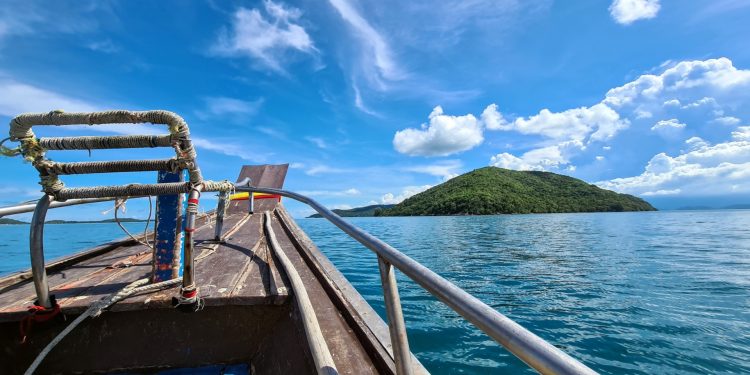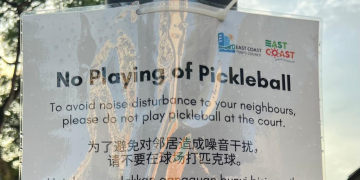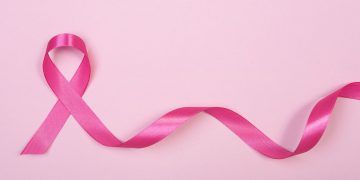Since Covid-19 brought international travel to a screeching halt in 2020, there has been a new social phenomenon going on; “travel shaming”. People who decide to go on a trip in the midst of a global pandemic that has infected and caused the death of millions are often beset with this latest plague. With the gradual reopening of Singapore through Vaccinated Travel Lanes (VTLs), travel shaming is set to become more commonplace in the coming months.
According to Krista Thomason, an associate professor of philosophy at Swarthmore College, the reasons behind travel shaming are understandable. To keep themselves and others safe, many people have cancelled or put on indefinite hold their travel plans, be it for business, leisure or to reunite with loved ones. And when they learn about people going ahead with their “non-essential” trips, anger, jealousy, and inequity arise. They call these travellers selfish and self-entitled, prioritising their own wants over the risk of infecting themselves and others, further straining the healthcare system and being insensitive to the plight and suffering of countless others.
Unlike cancel culture, travel shaming comes in on the sly, sliding quietly into the comments of the Facebook or Instagram posts, often passive aggressive. But the crux of the matter is leisure travel is not as frivolous as people think.
More than two years since the SAR-CoV-2 virus was first reported, the ensuing pandemic has taken its toll on our mental health. The constant worry of infection, isolation due to social gathering restrictions, as well as the blurring of boundaries of work and home stemming from work-from-home arrangements contribute to increased levels of stress and anxiety. Many Singaporeans have also begun rethinking about their life priorities, echoing the Great Resignation trend playing out in the other parts of the world.
For some, taking that overseas trip is just the “therapy” they need to reboot or reset.
To help others who are suffering from burnout and yearning to scratch their travel itch, millennial couple Marc Cheong and Victoria Tan, has created a YouTube channel and Instagram account under the name The Lost Dew to document and share snippets of their travel journey.
The duo went on a four-months-long sabbatical to Thailand last September after feeling mentally burnt out at work and “lived to tell about it”. Fortunately for them, their parents took it better than they had expected. Mr Cheong says “their families were relatively supportive”, although they still had their reservations about him resigning from his job and the drain of a long overseas trip on the couple’s finances.


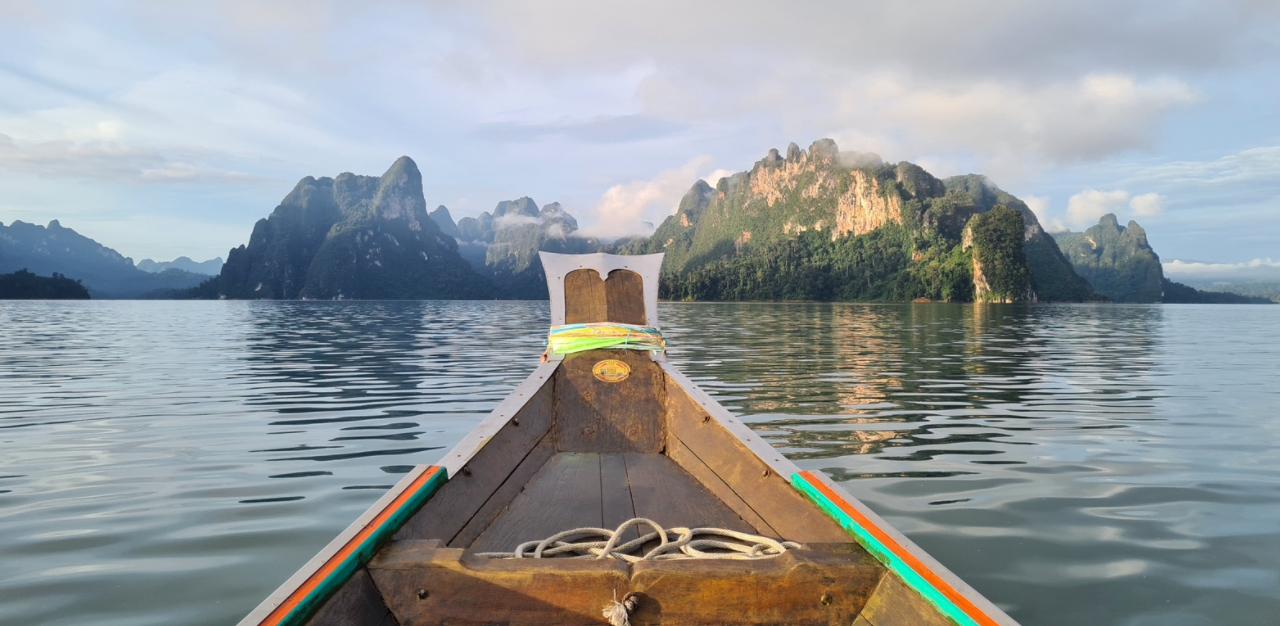
In an interview with TheHomeGround Asia, the couple relates how the trip has benefited their mental health tremendously. They say besides taking the time to relax, recharge and rejuvenate themselves by connecting with nature, visiting historical sites, and exploring various communities, they also found inspiration to launch their future in working with the thriving digital nomad community in Koh Phangan.
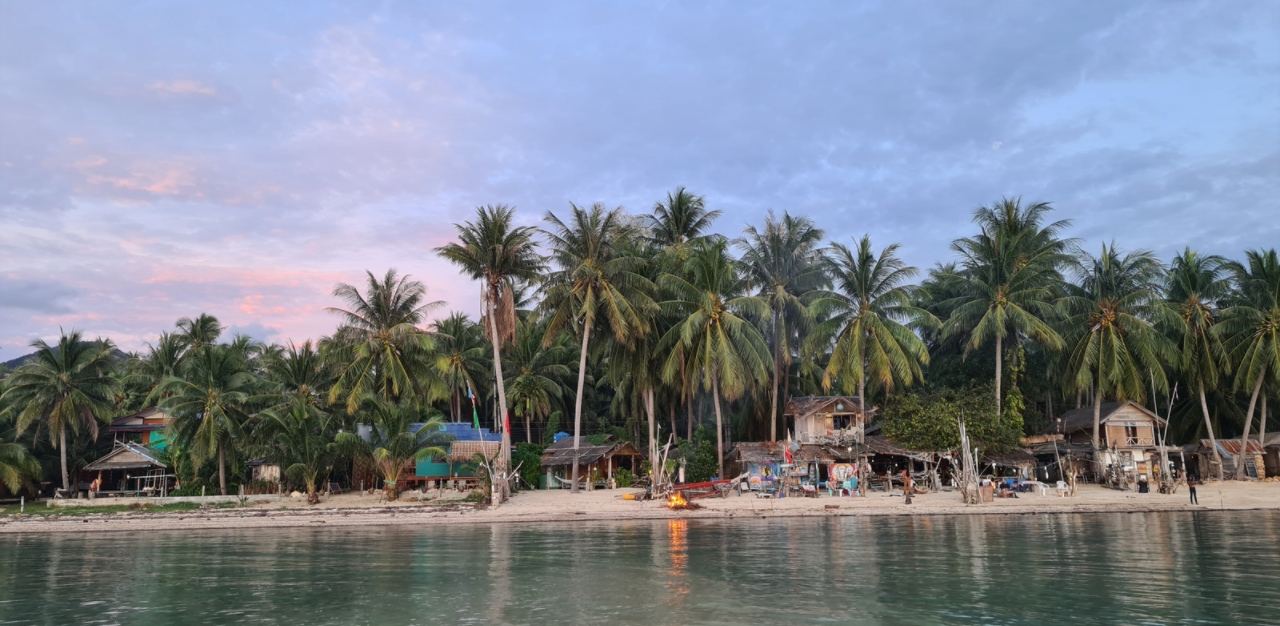
Even their temperament improved. Mr Cheong says, “(While on a road trip), the rented car completely broke down like two or three times. I’m sure if we were in Singapore, we would be cursing and swearing so much. But here I think we learned to be more chill.”
Mr Cheong and Ms Tan unanimously agreed that by witnessing how different communities are affected by the pandemic and how they eventually overcome the challenges, they gained “a fresh perspective and a sense of proportion”. This has allowed them to see past their own stress that were either self-imposed or put upon them by their surroundings which they have become too comfortable with.
The trip had inspired them to reassess their positions in life and the couple is currently exploring remote working as an option to fulfil their dreams of becoming “full-fledged digital nomads”. Luckily for them, they did not experience any travel shaming from their family and friends.

From their sharing, I could feel the sincerity of Mr Cheong and Ms Tan while they recounted their experience and thoughts before, during and after their sabbatical. It was clear that the trip had left them glowing.
Keenly aware of senseless trolling on the internet, both Mr Cheong and Ms Tan try to stay anonymous. It was a wise decision, for when they first went public with their story, some comments on social media had been less than kind. Baseless assumptions such as “strawberry generation”, “self-entitled”, “spoiled”, “coming from privileged backgrounds”, and “living off their parents” were carelessly thrown around. I couldn’t help but wonder if these naysayers had actually read beyond the headline before commenting.
When I asked them if they had read the unkind remarks on social media, the couple mentioned that they received mainly positive comments and had not paid attention to the negative ones and that the negativity would not have any difference in their decision-making. “There is definitely always going to be haters, so we wouldn’t take it to heart anyway”.
Taking the plunge of timeout overseas
Inspired by the couple’s article, I took the plunge and went on a one-month remote-work-cum-sabbatical to Thailand last November.
For my own trip, I specifically selected a contrast of destinations; Bangkok for its hustle and bustle, and Chiang Rai for its relaxing countryside.
In the City of Angels, I experienced human interaction in a way which has become hard to experience in Singapore since the start of Covid-19. Though some night markets have closed, the ones that remain exuded the unmistakable energy and vibrancy that is uniquely Bangkok. Masks and hand sanitisers aside, it reminded me of a time of normality that felt almost like a lifetime ago.
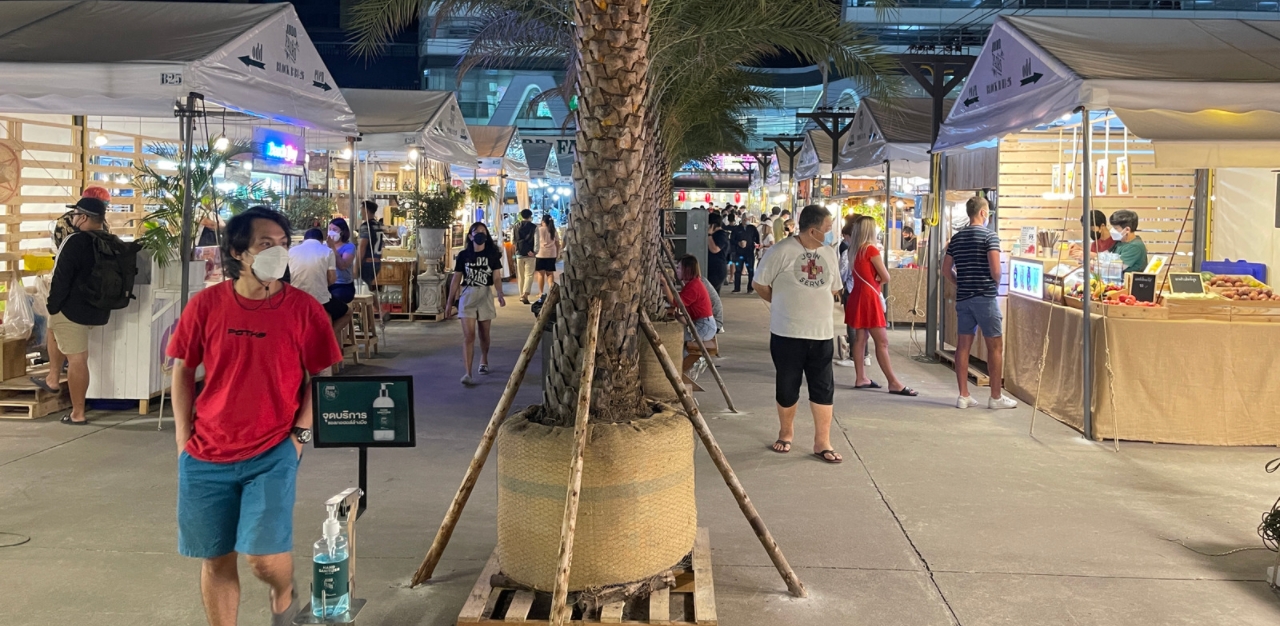
In Chiang Rai, I took long walks in the vast expanse of greenery, soaking in the beauty that nature has to offer. The serene landscape was therapeutic in its peaceful and calming effect on my state of mind. The minutes seemed to slow, giving me the time to appreciate my surroundings, including a mural that stirred my heartstrings.
Allowing myself more days to spend than the usual long weekend trips, I even found the time to visit the Golden Triangle, a site which was on my bucket list for the longest time but was too time consuming to visit previously.
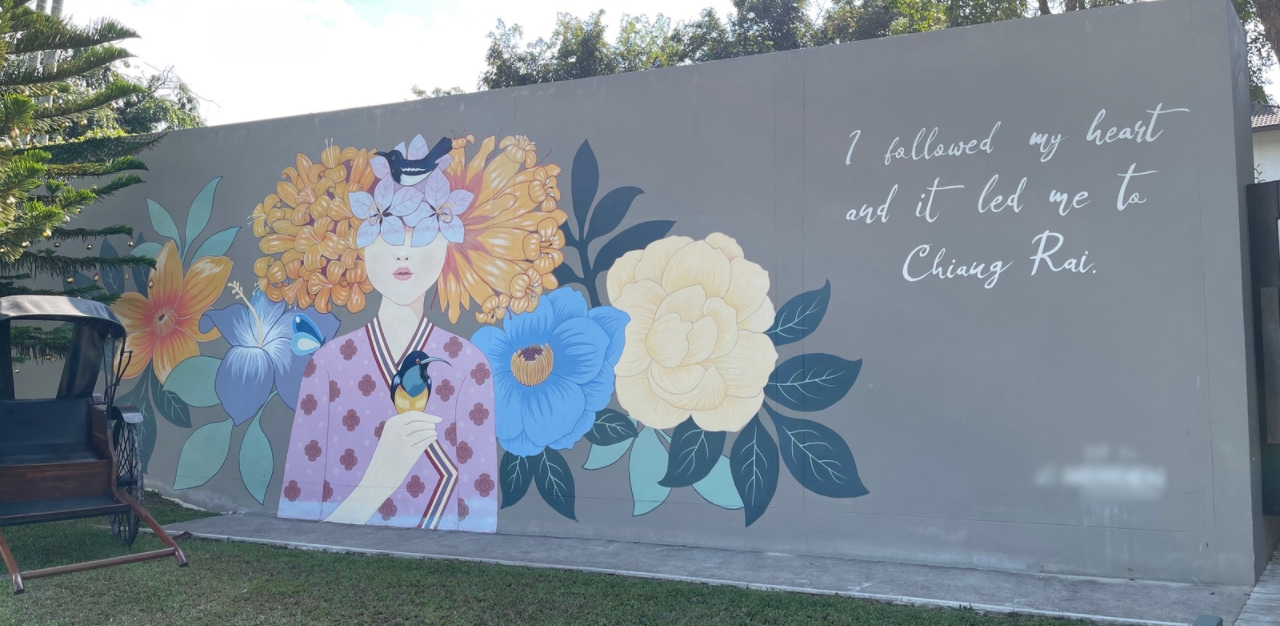
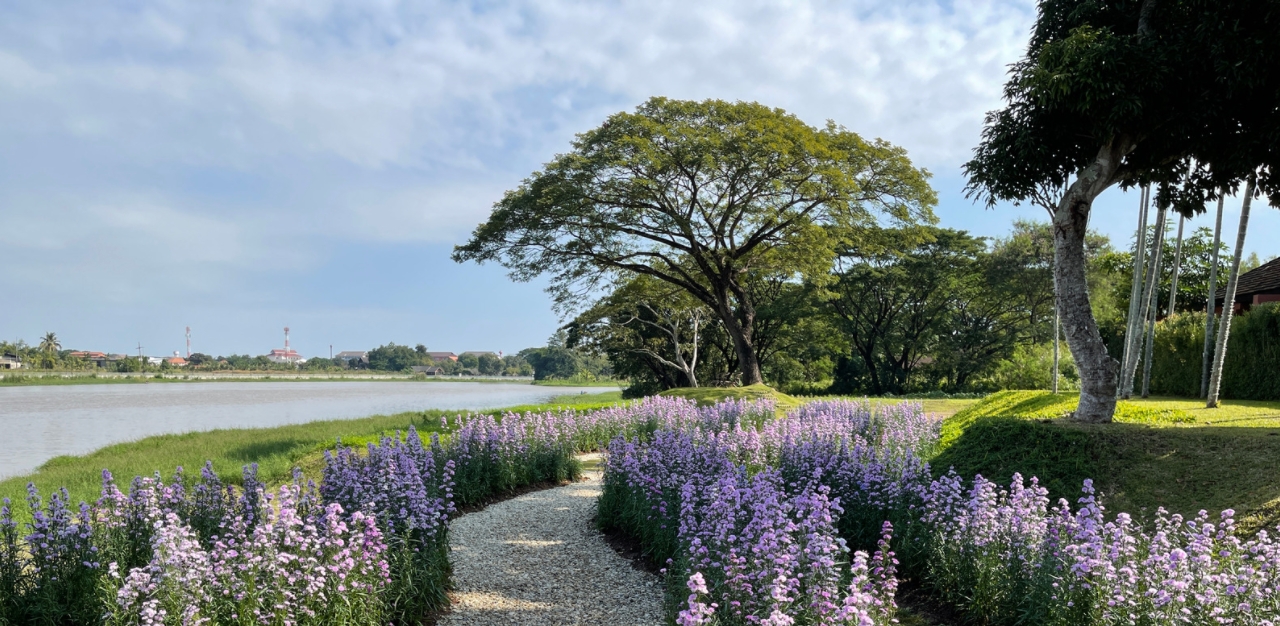
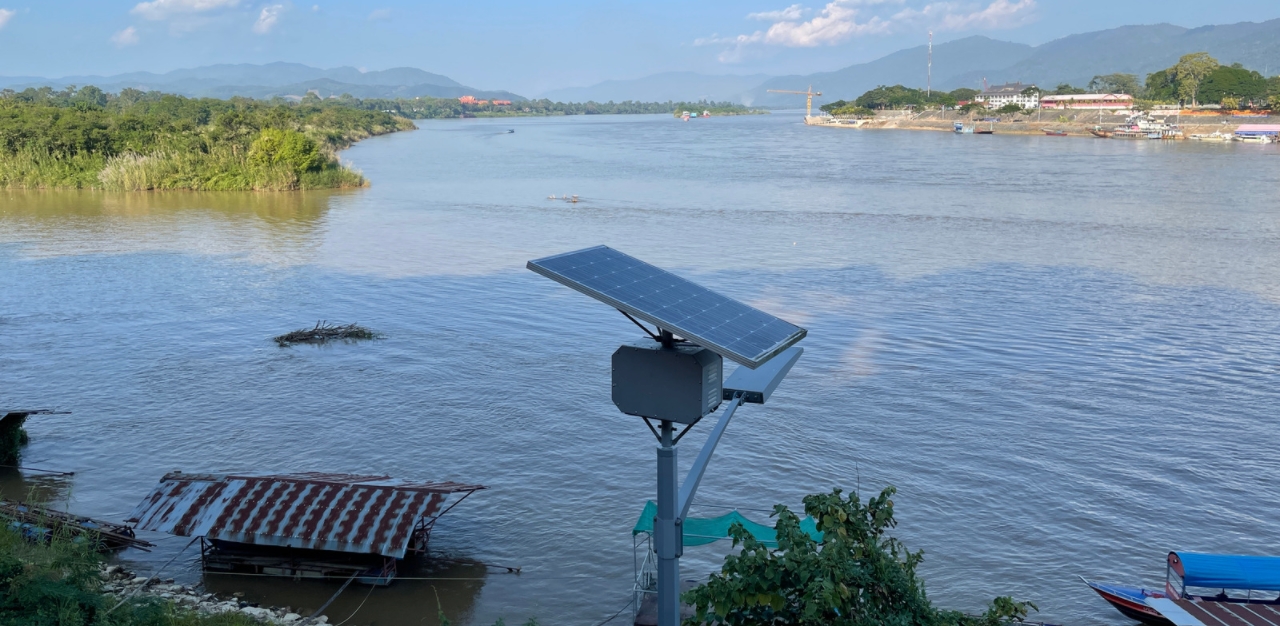
Similar to Mr Cheong and Ms Tan’s experience, I witnessed the resilience of people and communities in a nation ravaged by Covid-19 while finding time to rest and recharge in the company of nature. More importantly, the human connections I made during the trip made me realise that I had almost forgotten the importance of unbridled human interaction, and had taken for granted the freedom to travel without restrictions.
Travelling and exploring new places has helped me find my inner self and improved my mental health, and it gave me the space to take a step back and look at the bigger picture, providing a sense of clarity that simply would not have happened if I had remained in my small apartment on our tiny island.
In fact, I would go even further to argue that travelling (safely) during this pandemic is a much more enjoyable experience than the pre-pandemic days. During the days before Covid-19 came calling, the long queues and large crowds at airports, immigration counters and popular tourist destinations often made travel an extremely stressful experience. It is also almost impossible to take unobstructed photos when throngs of people are blocking your view.
It also does not help that Singaporeans have this tendency to plan our vacations down to the exact minute to maximise whatever precious time we have during the annual leave. It is then inevitable that vacations then become less of an enjoyable experience and more of a checklist, ticking off a to-do list.
Focusing on mental health
The silver lining of the Covid-19 pandemic is perhaps that we are being forced to rethink many of the beliefs that were once sacrosanct. The resulting anxiety and isolation from lockdowns have also thrown a spotlight on mental health as more people grapple with their own struggles.
Unfortunately, in Singapore it is during these times that mental health is only beginning to take centre stage and starting to garner as much attention as physical health does. After all, mental health cannot be easily measured or quantified. No one bats an eyelid when people take time off work to convalesce for physical health reasons but the same time off taken for mental health is often frowned upon and seen as signs of weakness.
If there is one more lesson besides learning to live with Covid-19, it would be accepting that mental health is no less important or real than physical health.
Perhaps the greatest discovery for pandemic travellers like Mr Cheong, Ms Tan or even myself, is that the conventional belief that one has to be physically tethered to the office has been completely shattered, and as long as you are going to be smart about it and not put others in harm’s way, then perhaps shaming will shrink to oblivion when travel becomes normal and acceptable once again in a post-Covid world.
Join the conversations on TheHomeGround Asia’s Facebook and Instagram, and get the latest updates via Telegram.



